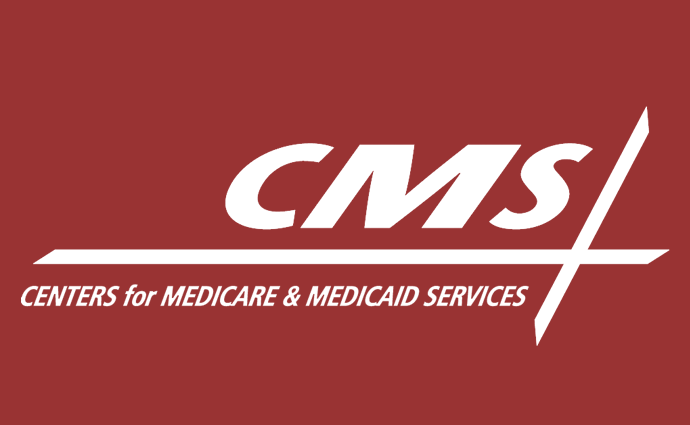CMS Initiative to Create Pediatric APMs to Address Opioid Crisis
The recently announced Integrated Care for Kids (InCK) initiative will require Medicaid and local providers to develop alternative payment models to combat the opioid crisis for children.

Source: Thinkstock
- A new CMS Innovation Center initiative will call on local stakeholders and Medicaid agencies to develop alternative payment models that address the impact of the opioid crisis for children, CMS recently announced.
Medicaid and local providers will have the opportunity to create sustainable alternative payment models that address behavioral health risk factors among youths under the newly-created Integrated Care for Kids (InCK) initiative.
The initiative is “a child-centered local service delivery and state payment model aimed at reducing expenditures and improving the quality of care for children covered by Medicaid and the Children’s Health Insurance Program (CHIP) through prevention, early identification, and treatment of priority health concerns like behavioral health challenges and physical health needs,” CMS explained in a fact sheet.
The opioid crisis is not just affecting adults. CMS reported that adolescent deaths from drug overdoses is increasing, and opioids caused over one-half of those drug-related overdoses in 2015.
To address the opioid crisis affecting children, CMS intends to use the InCK initiative to support physical and behavioral health integration for the pediatric population. One in three children in Medicaid and CHIP has some type of behavioral need, but one one-third of these individuals receive care, the federal agency reported.
The InCK initiative aims to support states and local providers with performing early identification and treatment of children with multiple physical, behavioral, and other health-related needs and risk factors.
Alternative payment models will be part of the support system for InCK initiative. States and local providers in the initiative will develop and implement one or more pediatric-focused Medicaid alternative payment models.
Participating states must create alternative payment models that support care coordination, case management, and mobile crisis response and stabilization.
Through the alternative payment models, CMS aims to hold providers accountable for improved outcomes, such as rates of avoidable out-of-home placement and opiate use, and ensure the model’s long-term sustainability.
Other support components of the InCK initiative include care child services coordinated through a lead organization. The organization will coordinate services through clinical care (behavioral and physical), schools, housing, early care and education, child welfare, and Title V agencies.
The initiative also promotes service integration, CMS added. Participants must incorporate six key service integration design characteristics, including a population-wide approach, person and family-centered service delivery, service accessibility, and mobile crisis response services.
The final components of the InCK initiative are risk stratification and tiered service delivery.
“The InCK service integration structure is based on population-wide risk-stratification according to level of need,” CMS explained. “Service Integration Levels (SILs) consist of integrated care coordination and case management levels of increasing intensity appropriate for individual needs. The goal of stratification is to ensure that children receive the individualized care they need in the most integrated and least restrictive setting appropriate.”
CMS plans to release a Notice of Funding Opportunity for the initiative in the fall of 2018. The federal agency will provide $16 million to each approved application for the seven-year model period.
